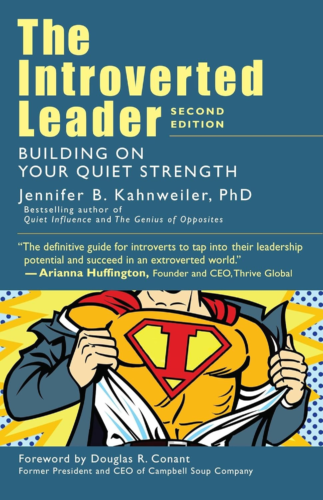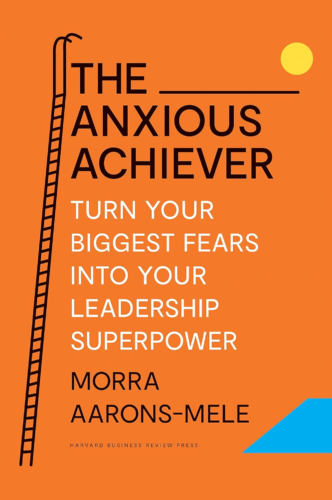When I was pursuing my PhD at Indiana University, I admittedly aimed to be the smartest person in the room. I admired the professors who could confidently discuss topics they’d studied for years. However, after transitioning out of academia, I realized that this mindset doesn’t necessarily foster career growth.
In the academic world, being an authority is crucial for securing funding, publishing research, and gaining recognition. But in a digital marketing agency, the focus shifts. Here, it’s more about addressing the client’s needs than about proving oneself as the smartest person in the room. Having a PhD next to your name doesn’t make you more special than the person you’re working with either.
From my experience, it’s more effective to be an active listener and recognize your own strengths in different situations to provide valuable feedback.
Why Striving to Be the Smartest Person in the Room Might Not Be Ideal
It Limits Learning and Growth
When you’re always positioned as the expert, you might inadvertently close yourself off to new ideas and perspectives. Constantly providing answers rather than seeking them can stifle your own development and limit your exposure to innovative solutions. By embracing a mindset of curiosity and openness, you allow yourself to continuously learn and evolve from the knowledge and experiences of others.
Reduces Collaboration
If your focus is on proving your intelligence, it can create an environment where colleagues feel their contributions are undervalued. This can lead to decreased motivation and collaboration as team members may feel disinclined to share their ideas or take initiative.
Fostering a collaborative atmosphere, where all voices are heard and valued, leads to more effective teamwork and collective problem-solving.
Affects Professional Relationships
Striving to be the smartest person can create a competitive rather than a cooperative environment. When others perceive you as someone who needs to be the best, it can lead to tension and competition rather than genuine teamwork and mutual support. Building strong professional relationships requires creating an environment of trust and respect, where collaboration is prioritized over personal ego.
What to Do Instead
Be an Active Listener and Ask Thoughtful Questions
Being an active listener means genuinely engaging with what others are saying and responding in ways that encourage deeper conversation. Asking thoughtful questions not only shows that you value their input but also helps uncover valuable insights and perspectives that you might not have considered. This approach can strengthen your relationships and enhance your understanding of complex issues.
Know Your Strengths
Recognize and leverage your own expertise where you are most knowledgeable, but don’t feel compelled to dominate every conversation or situation. By focusing on areas where you have real confidence and competence, you contribute effectively while remaining open to learning from others. This balanced approach allows you to assert your strengths without overshadowing or dismissing the value others bring to the table.
Educate Rather Than Just Tell
Teaching someone how to approach a problem or complete a task provides them with the tools to succeed on their own, rather than just giving them the answer. This method fosters a deeper understanding and builds their capability, leading to a more empowered and capable team. By prioritizing education over mere direction, you help others grow while enhancing overall team effectiveness.
Recommended Books For Leadership
If you want to improve your leadership skills, check out the following books from Amazon. Note: After Your PhD may receive a commission from purchased books.
The Introverted Leader: Building on Your Quiet Strength

How to Lead When You’re Not in Charge: Leveraging Influence When You Lack Authority

The Anxious Achiever: Turn Your Biggest Fears into Your Leadership Superpower


Ryan Collins PhD is an SEO Strategist at Go Fish Digital. Ryan completed his PhD in Media Arts and Sciences at Indiana University Bloomington in 2021. During his time at Indiana University, Ryan eventually pivoted into a career in SEO and Digital Marketing after having informational interviews with working professionals in SEO, working on side projects, and gaining industry experience.
